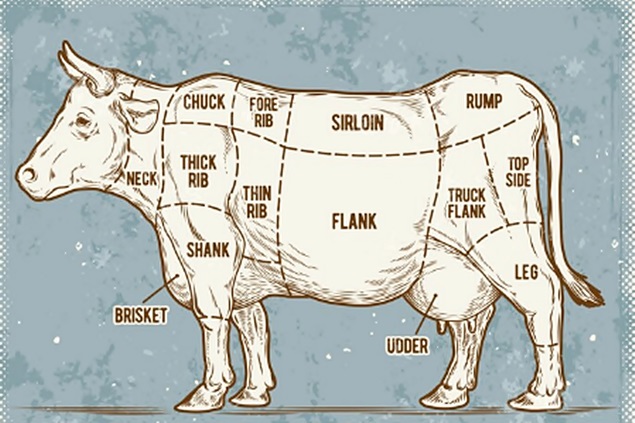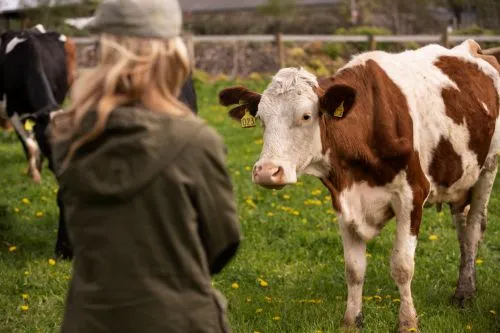1599

In November 2023, compared to October 2023, the number of slaughters and carcass weight increased for cattle and sheep and goats, while it decreased for pigs and poultry.
Compared to November 2022, the number of slaughters increased for poultry, decreased for cattle and sheep and goats, and remained constant for pigs; carcass weight increased for poultry, while it decreased for cattle, pigs, and sheep and goats.
The term "carcass":
a) For cattle, carcass weight represents the weight of the slaughtered animal's body, whole, after removing the skin, blood, and internal organs, excluding the head, udder, tail, kidney fat, and legs (separated at the metacarpal and metatarsal joints).
b) For pigs, carcass weight represents the weight of the slaughtered animal's body, whole or divided into equal parts along the spine, after bleeding, excluding internal organs, hair, hooves, tongue, bones, and diaphragm.
c) For sheep and goats, carcass weight represents the weight of the slaughtered animal's body, after bleeding and skin removal, excluding internal organs, head, and legs (separated at the metacarpal and metatarsal joints).
Kidneys and kidney fat are included in the carcass.
d) For poultry, carcass weight represents the weight of the slaughtered bird, after bleeding, excluding feathers, fluff, internal organs (intestines, liver, heart, gizzard), head, neck, and claws.
Average carcass weight: Represents the ratio between carcass weight and the number of slaughtered animals or poultry.





